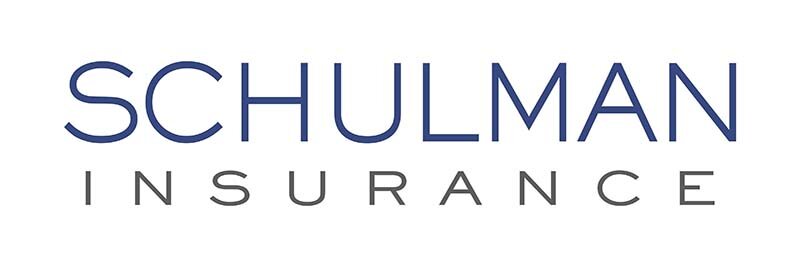Anthem to Provide Customers With $2.5 Billion in Covid-19 Relief
Health insurer Anthem Inc. is providing $2.5 billion in Covid-19 assistance to its customers and the communities it services, the company announced Thursday.
The relief will be in the form of premium credits, the continued waiver of copays and other out-of-pocket costs for treatment, and community support, the Indianapolis-based Blue Cross Blue Shield operator said in a news release. Anthem, one of the nation’s largest health benefits companies, operates 14 Blue Cross Blue Shield plans across the U.S.
Anthem’s move comes as other insurers have announced financial support to consumers and health-care providers during the pandemic. UnitedHealth Group said May 7 it would provide $1.5 billion in support in addition to previous assistance.
But some consumer groups have called on insurers to do more because health insurance claims during the pandemic so far have been lower due to care that has been postponed.
Delayed Care, Lower Claims
Delays to routine care and elective procedures resulted in lower volumes of health-care claims for the company’s affiliated plans, Anthem said.
Anthem said its plans will provide a one-month premium credit of between 10% and 15% to members enrolled in some individual plans and to fully insured employer customers. Individuals in stand-alone and group dental plans will receive a 50% credit. Consumers and employer customers will receive the premium credit in July.
Anthem said it is working with some employer groups on special payment arrangements to continue to provide insurance for their employees during the pandemic.
Anthem’s affiliates will continue to waive out-of-pocket costs for in-network Covid-19 related treatment for members enrolled in fully insured employer plans, Individual plans, and Medicare Advantage plans through Dec. 31, the company said.
Offsetting Rebates
Relief provided by insurers to consumers who have insurance plans through the Affordable Care Act exchanges could help offset any liabilities the insurers may incur under the ACA.
The 2010 health-care reform law stipulates that insurers must spend at least 80% of premiums on claims or improvements in quality of care, a provision called the medical loss ratio (MLR). If insurers don’t meet that threshold, they must refund the difference to consumers.
In 2020 insurers will owe an estimated $2.7 billion in rebates to consumers, according to a study by the Kaiser Family Foundation, which relied on data from Mark Farrah Associates.
The rebates are based on claims data from the previous three years, and companies will likely file data on the rebates they owe for 2019 in July, Anthem spokeswoman Leslie Porras said.
“It’s likely that we will issue MLR for some of our products, in select states but those rebates have not been finalized,” she said.
Other insurers will likely announce assistance for consumers in order to avoid MLR payments, Eagan Kemp, health-care policy advocate for consumer advocacy group Public Citizen, said in an interview.
Public Citizen supports a “Medicare for all” government-run system to cover health-care in the U.S. rather than relying on private insurance.
To contact the reporter on this story: Sara Hansard in Washington at shansard@bloomberglaw.com
To contact the editors responsible for this story: Fawn Johnson at fjohnson@bloomberglaw.com; Brent Bierman at bbierman@bloomberglaw.com
